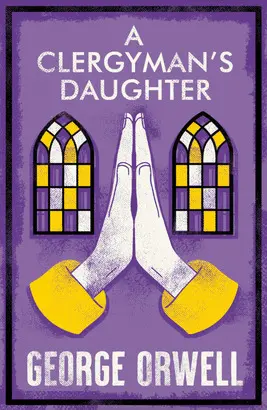A ClergymanS Daughter
Annotated Edition
Orwell, George
Twenty-eight-year-old Dorothy Hare leads a life of drudgery and self-abnegation in the house of her father, the rector of Knype Hill, helping him stave off his creditors and making costumes for fund-raising events. When, after being invited to dinner by Mr Warburton, a local atheist and libertine, she is glimpsed in his arms by the village gossip, Mrs Semprill, Dorothy suffers ...
a disponibilidad
Sinopsis
Twenty-eight-year-old Dorothy Hare leads a life of drudgery and self-abnegation in the house of her father, the rector of Knype Hill, helping him stave off his creditors and making costumes for fund-raising events. When, after being invited to dinner by Mr Warburton, a local atheist and libertine, she is glimpsed in his arms by the village gossip, Mrs Semprill, Dorothy suffers a psychotic episode and, struck by amnesia, embarks on journey that will see her join a group of vagrants, pick hops in the fields of Kent, stay in a hotel for "working girls" and sleep rough on the streets of London.
Perhaps the most experimental among his writings, A Clergyman's Daughter, first published in 1935, is Orwell's second work of fiction - and one which, in its depiction of a protagonist who rebels against and is ultimately vanquished by the society that oppresses her, is a clear prefiguration of later novels such as Keep the Aspidistra Flying and Nineteen Eighty-Four.
Comentarios
Sé el primero en comentar este libroArtículos relacionados
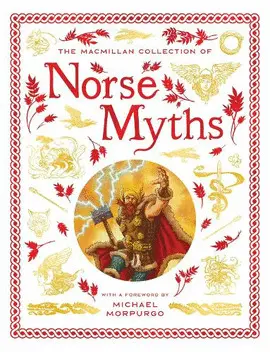
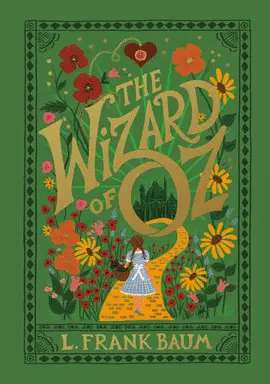
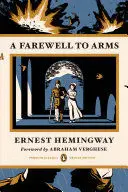
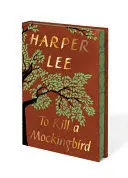
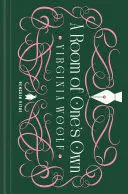

Otros libros del autor







